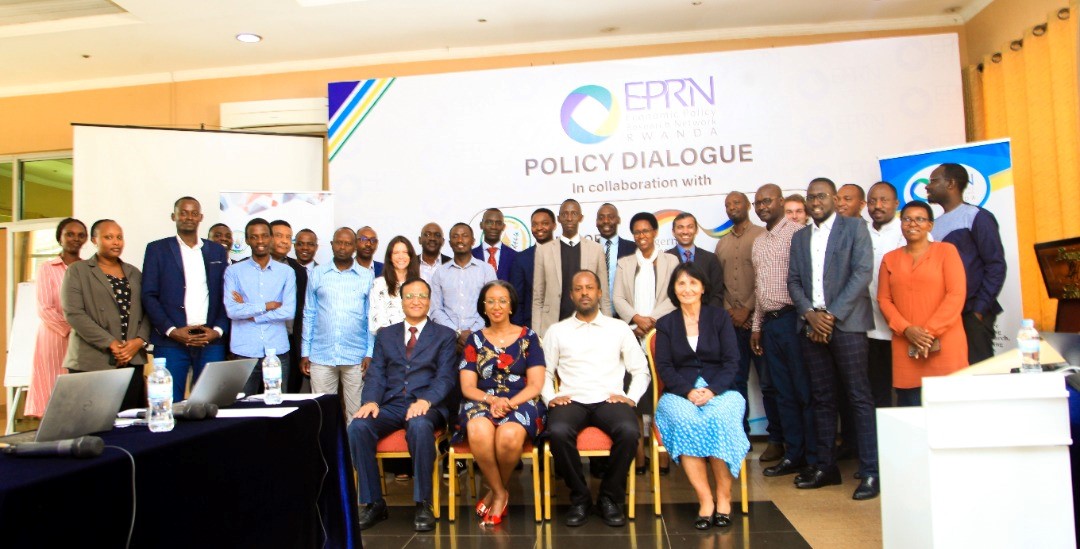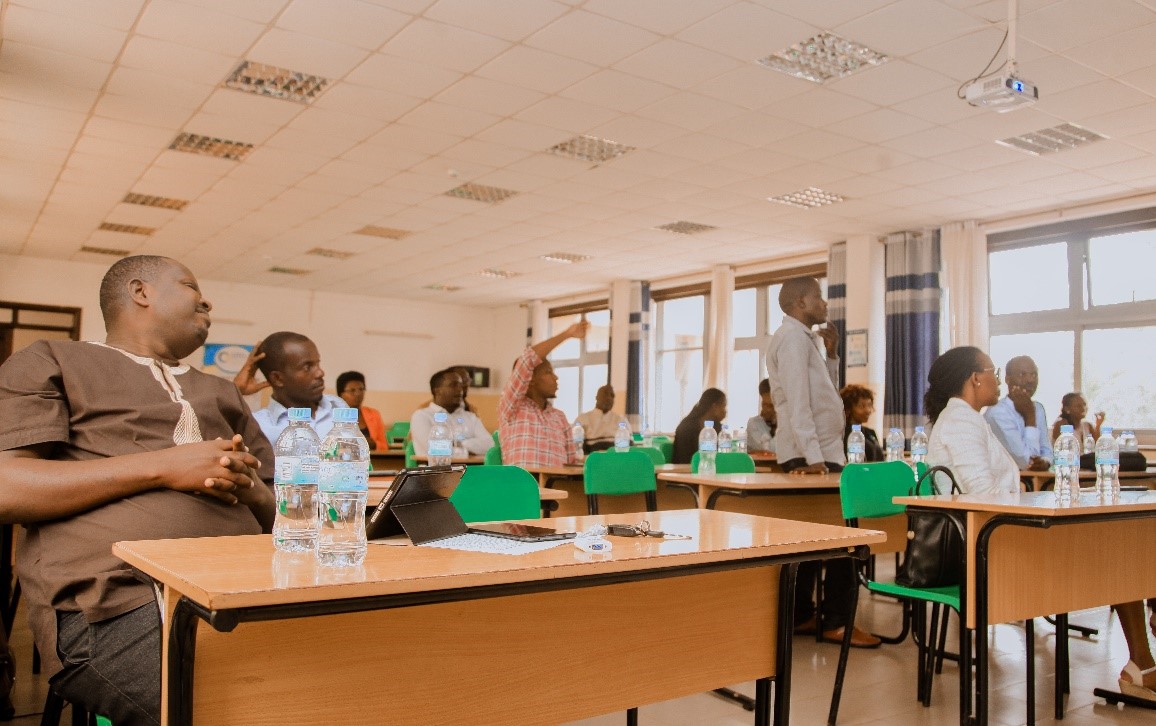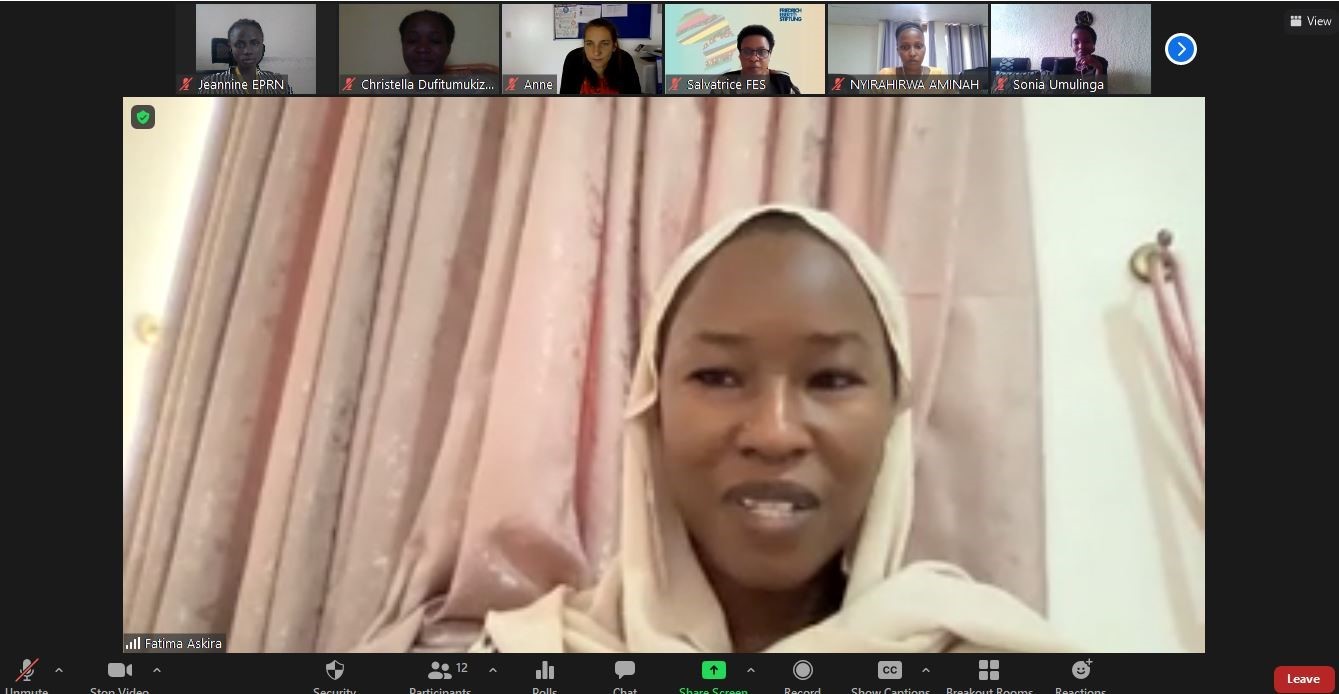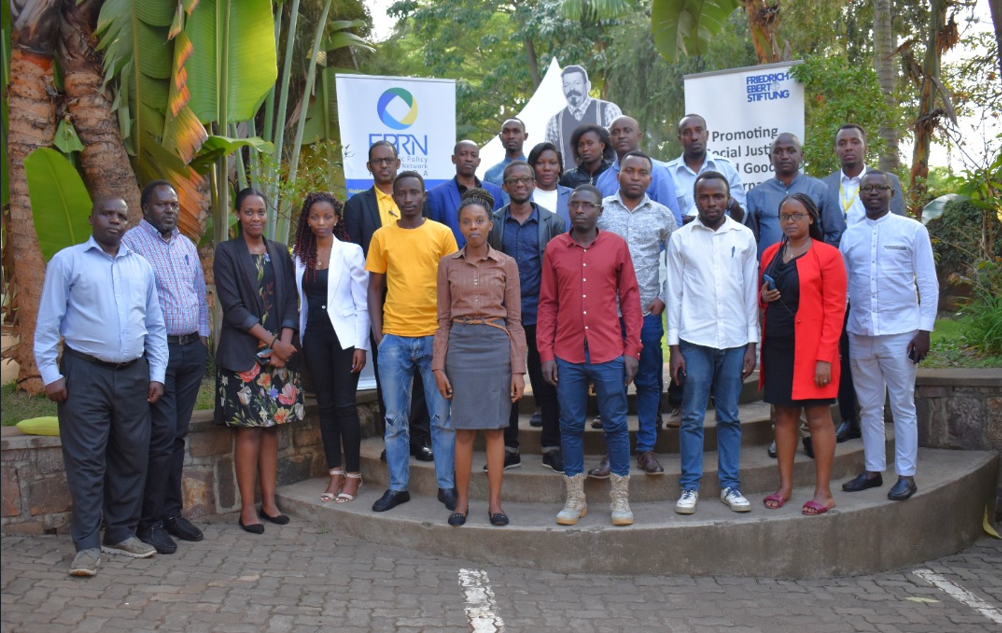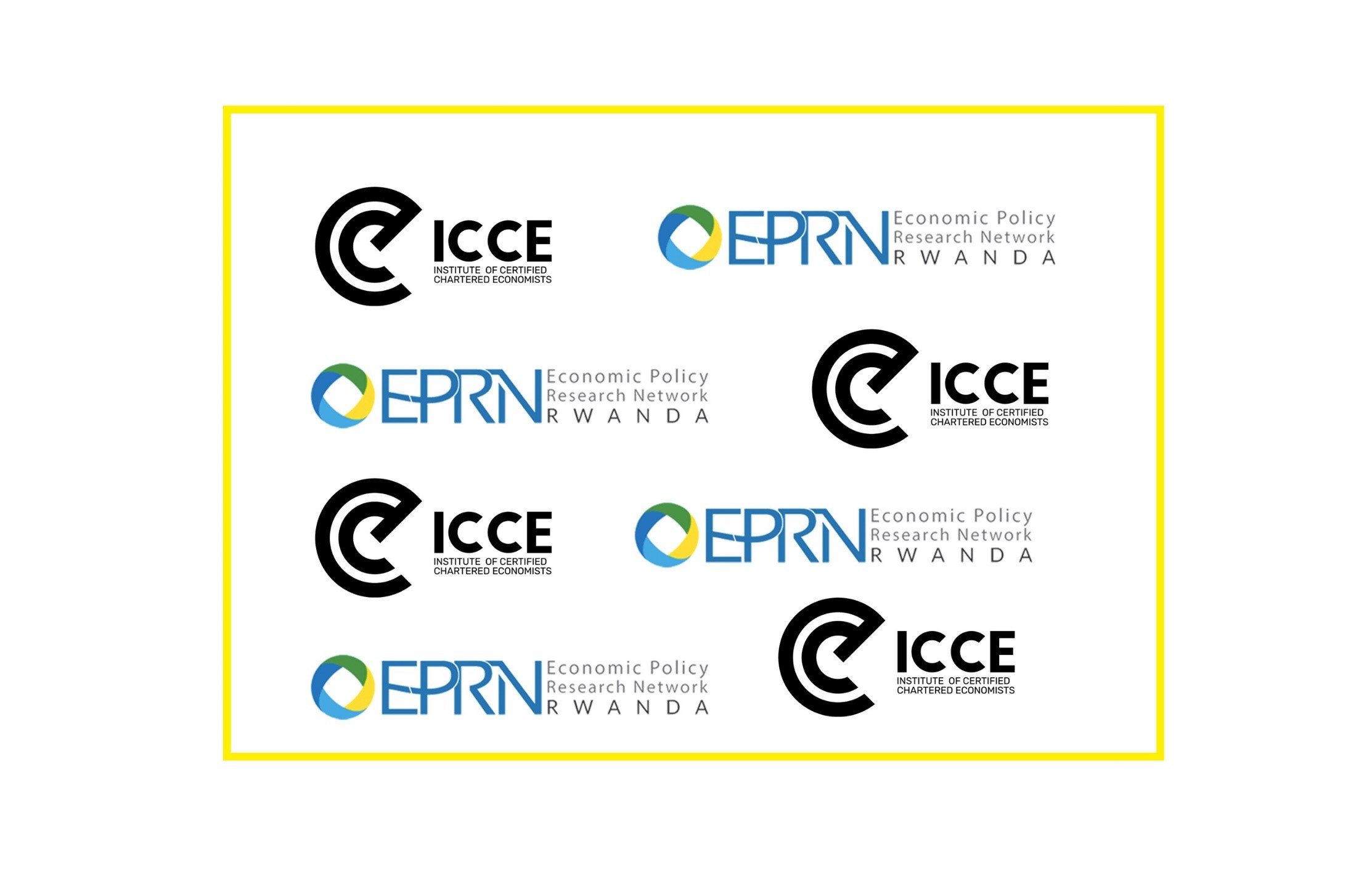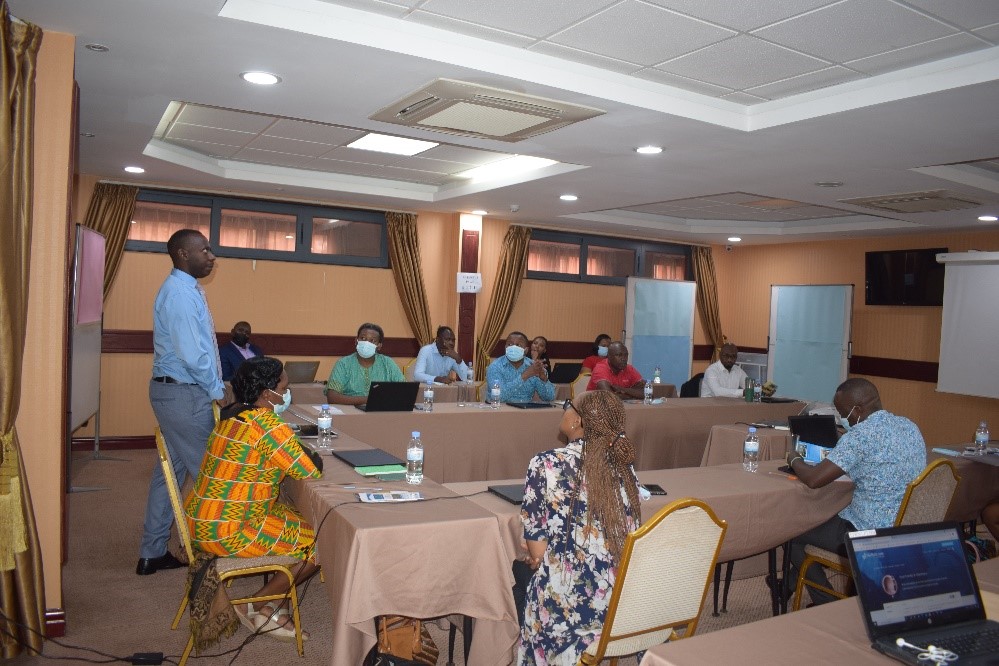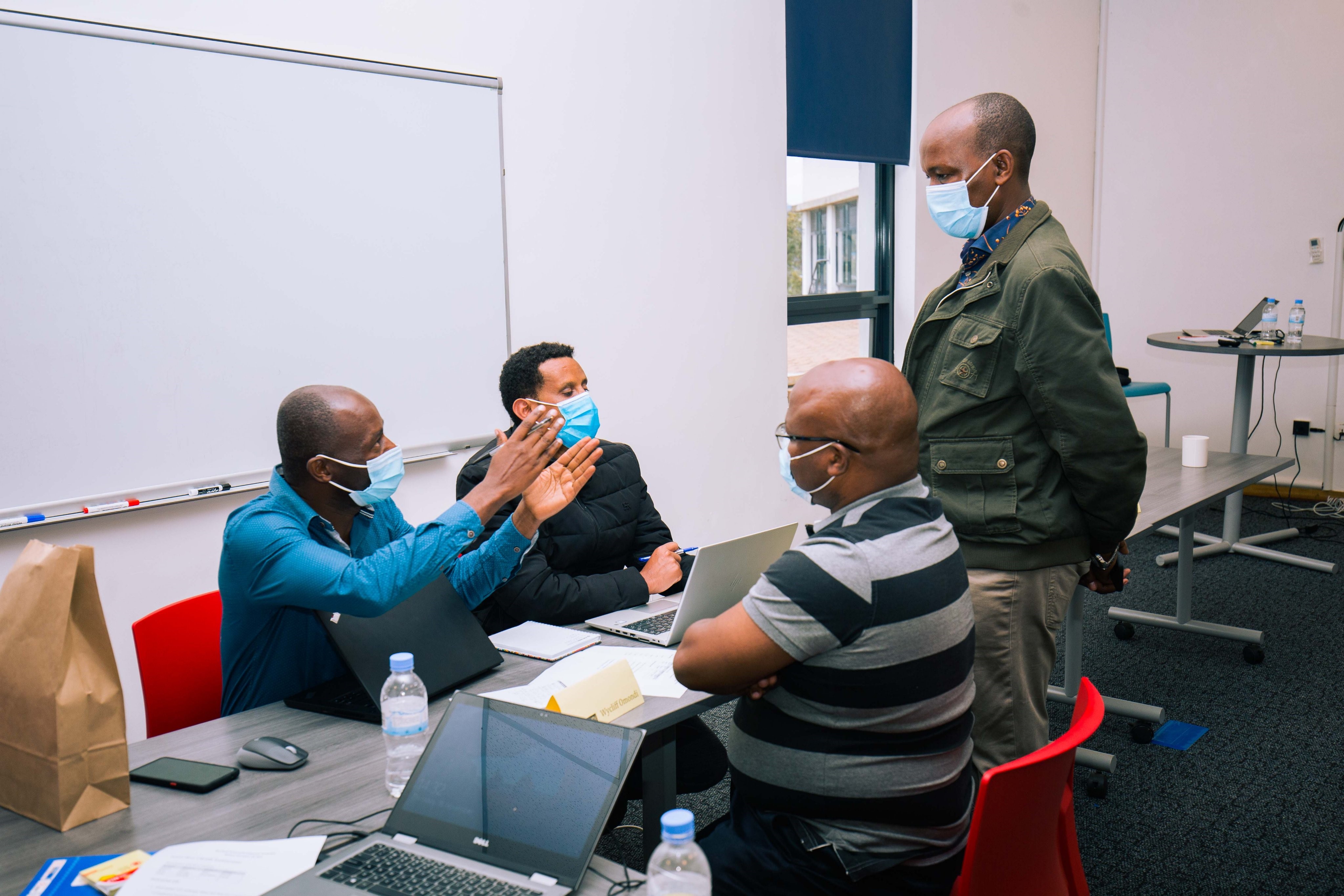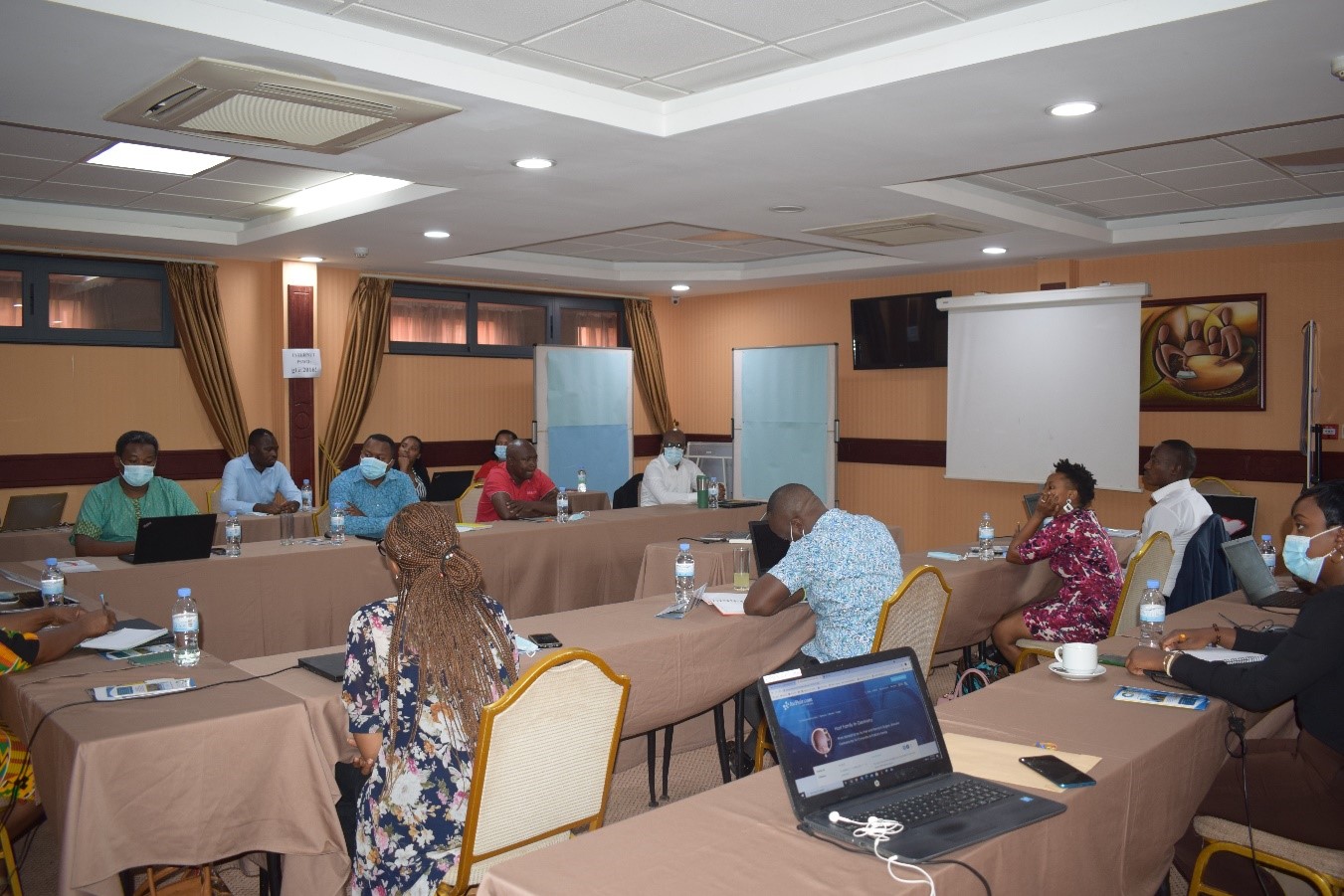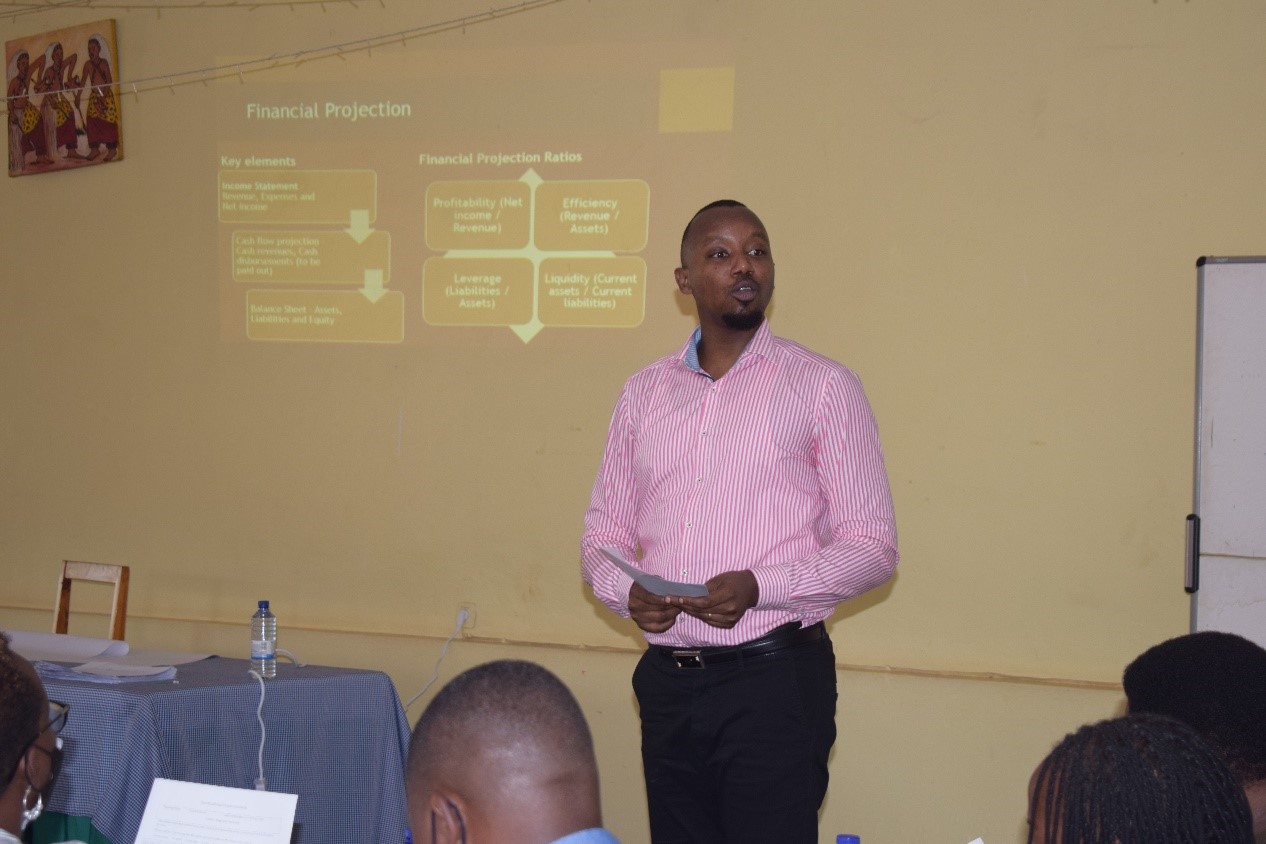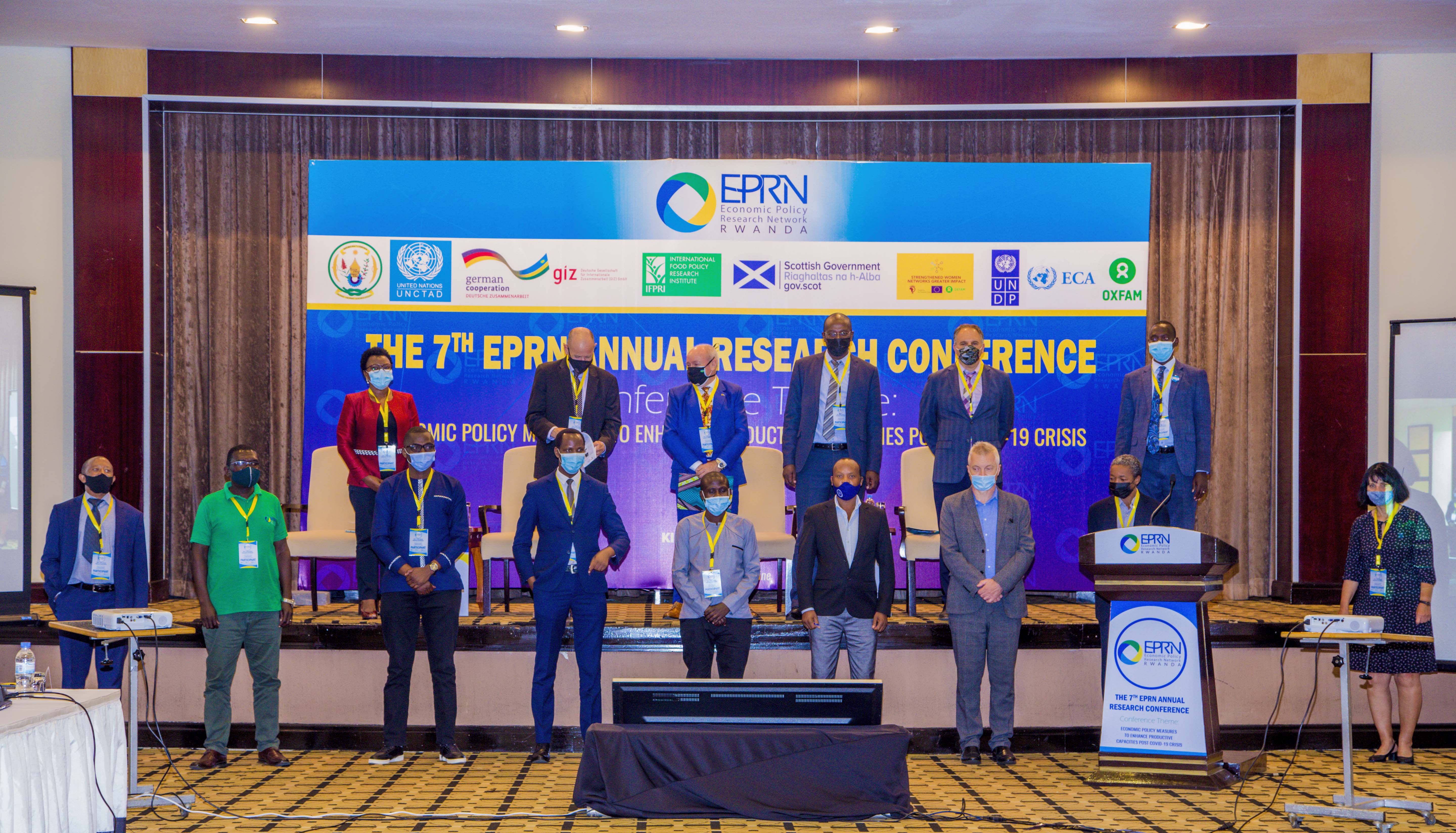POLICY DIALOGUE ON AGRIBUSINESS/AGRO-ENTERPRISES DEVELOPMENT IN HORTICULTURE VALUE CHAIN -OPPORTUNITIES AND CHALLENGES IN RWANDA
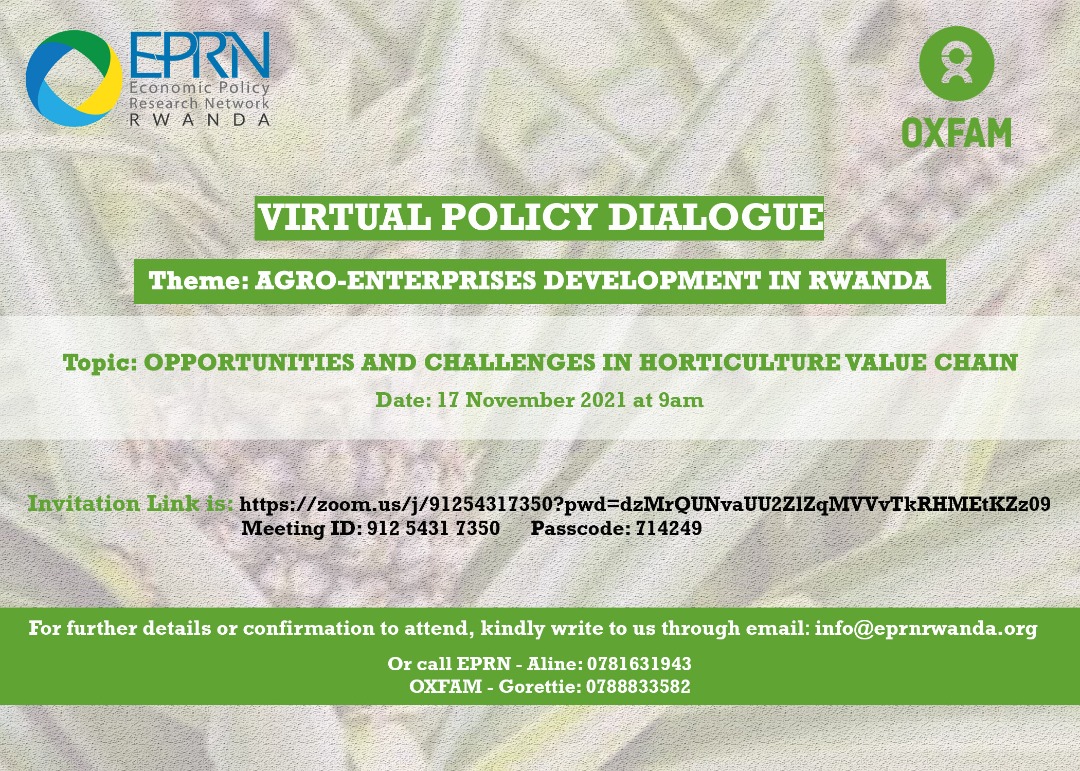
Wednesday 17th November 2021 from 9:00 am to 11:00 am
Venue : Online by use of Zoom
1. INTRODUCTION
Oxfam was physically established in Rwanda in the 1980s, although prior to that in the 1960s, had funded the work of partner organizations within the country. Oxfam has a wealth of experience running diverse programs in Rwanda – from peacebuilding and reconciliation, to innovative livelihoods initiatives that promote enterprise and value chain development. Oxfam is a partner-led, knowledge based and influencing organization and known for its pioneering work, as well as its insightful, sensitive analysis and advocacy at national, regional and global levels.
Oxfam’s reputation and expertise in Rwanda puts it in a strong position to take forward a strategy that contributes to its overall vision – a just Rwanda without poverty – and to stage interventions in line with its mission – to ensure that poor men, women and youth enjoy equal rights and benefit from fair and inclusive development.
Oxfam’s Sustainable Livelihoods Programme is one of the pillars of Oxfam Rwanda Programme that aims at helping thousands of marginalized small holder farmers and small businesses through inclusive market systems that generate income and job opportunities especially for women and youth. To achieve its mission, Through the Sustainable Livelihoods Programme, Oxfam in Rwanda implements the Enterprise Development Programme that is part of a global initiative that supports and invests in small rural businesses focusing on Agriculture value chain to help them grow and become commercially viable with the major target of creating sustainable market access for small holder farmers.
2. Background to Agribusiness/Agro-enterprises in Rwanda
Agriculture has been a historical mainstay of Rwanda’s economy. Contributing almost one-third of Rwanda’s GDP and employing approximately 65.5 percent of the country’s working population,(LFS,2020) it remains a key sector in Rwanda’s efforts to foster private sector development.
Agriculture is a priority sector in Rwanda’s Vision 2050 national development strategy. The government aims to replace subsistence farming with monetized and technology-intensive commercial agriculture and agro-processing by 2050.
Agro-processing in Rwanda is a flourishing sector that is a major source of employment and income, thus providing access to food and other necessities to large groups of the population. Rwanda has suitable agro-climatic conditions that allow the production of a broad range of diverse agricultural commodities suitable for processing.
Despite the overall Rwandan economic growth, there are still challenges to Agro-SMEs related to business management skills, fragmented supply, poor infrastructure (i.e. logistics), limited access to finance, costly standards requirements, Access to regional and international market among others.
3. Purpose and Specific Objectives of the National Dialogue
The purpose of the national dialogue is to raise awareness on existing opportunities in the Agribusiness /Agro-processing sub-sector with focus on Horticulture value chain and recognize the challenges to the sub-sector development ; with the aim of finding workable multi-stakeholder solutions and call upon all stakeholders to play their respective roles.
Specifically, the National Dialogue will provide a platform for :
• Discussing on and taking stock of existing and potential opportunities in Agribusiness/enterprises sub-sector with special focus on Horticulture (this include investment opportunities as well as available support by Government and other stakeholders)
• Discussing about challenges within the sub-sector (access to finance, quality/standard compliance issues, packaging, access to int’l markets…)
• Sharing experiences on tested solutions/models that are working in favor of agro-enterprises and market inclusivity ; and
• Devising workable solutions in the context of Rwanda and way to collaboratively implement them in stakeholders’ respective settings.
4. Participants
Participants will come from line ministries (MINAGRI, MINICOM), government institutions (RDB, NAEB, RSB, REMA,NIRDA) development partners, CSOs, media, private sector (chamber of agriculture), NCCR farmers unions/federations and individuals working in area of Agribusiness.
5. Methodology
This dialogue is organized virtually using Zoom platform. The dialogue will be as interactive as possible, in a mix of panel discussions and experience sharing. More details are found in the agenda below.
6. Date
The stakeholder’s engagement meeting will take place on Wednesday 17th November 2021 from 9:00 am to 11:00 am on Zoom link to be shared as the date approaches.





